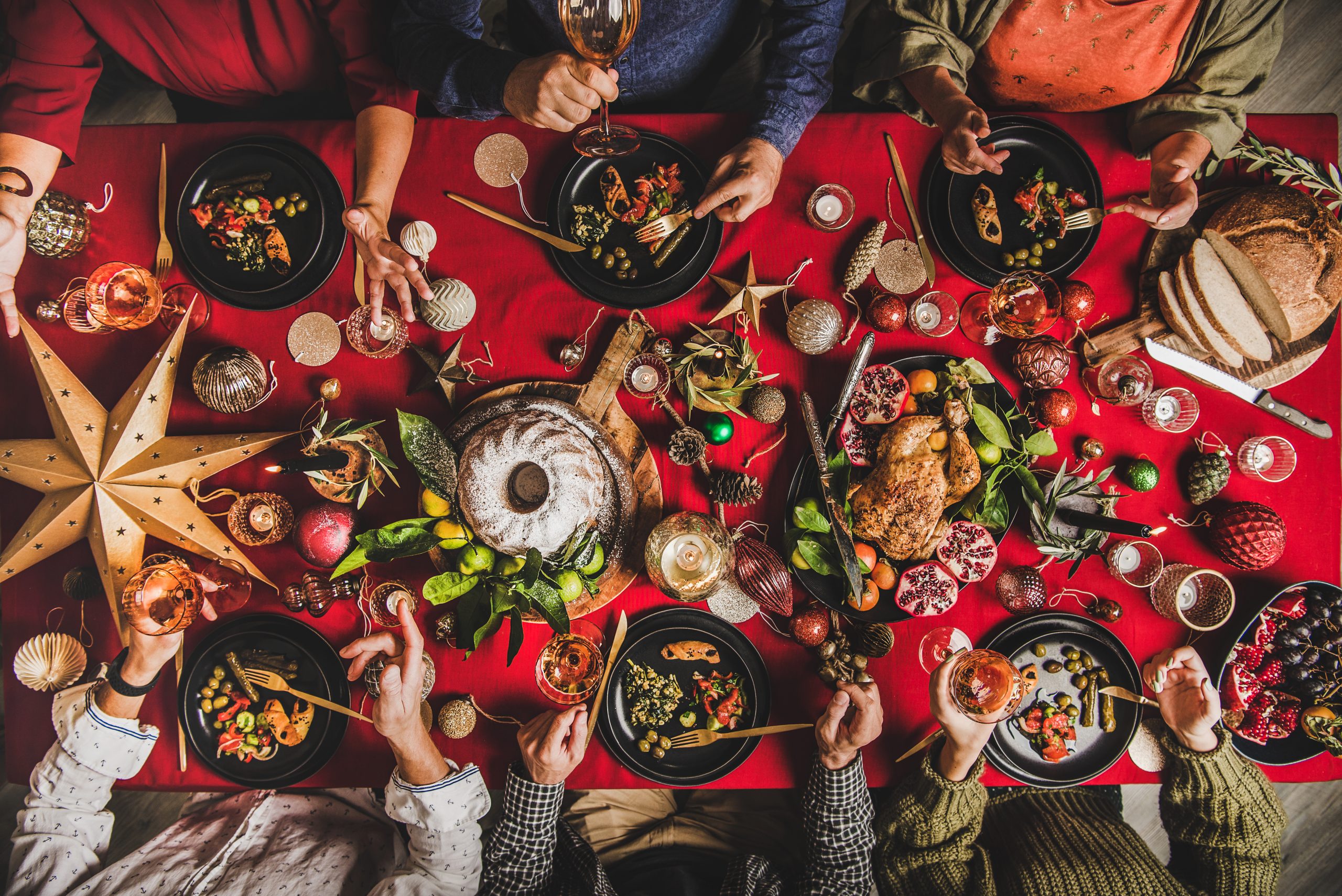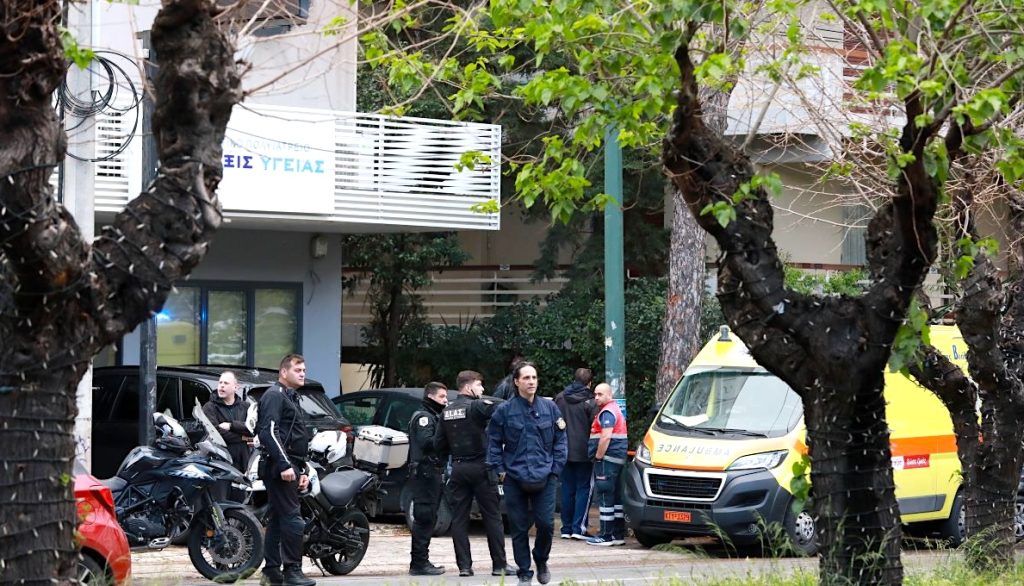As we enter the Christmas festive season—a time full of gatherings, gift-giving, and meals with friends and family—in a period when the challenges of climate change are increasingly impacting our lives, celebrating in a conscious, environmentally friendly way has become a necessity.
The European Climate Pact, an EU initiative that encourages citizens, communities, and organizations across Europe to engage in climate action and create a sustainable future, has outlined five steps for hosting a more climate-friendly festive feast. These tips were shared by Marta Messa, Secretary-General of Climate Pact Partner Slow Food, and Climate Pact Ambassadors Chiara Pavan from Italy and Sabina Carman from Slovenia.
1. Plan and Share Meals with Care
Cooking excess food is common during the holidays, but it often leads to food waste, which contributes to 8-10% of global greenhouse gas emissions. To combat this, carefully plan your portions and encourage guests to bring climate-friendly dishes to your celebration. Label dishes clearly to avoid confusion and reduce waste.
“Cooking is an act of care—an act of love for our planet and our community,” says Chiara, chef at the Michelin-starred restaurant Venissa and sustainable food advocate. “It’s about our collective wellbeing.”
2. Get Creative with Leftovers
Food waste doesn’t just waste food; it also wastes the resources used to produce it, such as water, energy, and labor. When food rots in landfills, it releases methane, a potent greenhouse gas responsible for about 30% of global warming since pre-industrial times. Reducing food waste can help slow global warming.
“Repurposing food isn’t just about sustainability – it’s about honoring the effort that went into creating the original dish,” says Marta. “By creatively transforming leftovers, you help reduce waste and show how simple actions can positively impact the climate.”
Turn your leftovers into soups, spreads, or bread puddings made from stale bread. These simple, tasty ideas help you make the most of what you already have.
3. Source Local, Seasonal Ingredients
The environmental impact of food goes beyond waste – transportation plays a big role in emissions, especially when ingredients are sourced from far-flung regions. By buying seasonal and locally sourced produce, you can cut down on transportation emissions and support local farmers.
“Seasonal ingredients bring the freshest flavors to your table while supporting local producers and reducing emissions associated with long-distance transportation,” says Marta. “They are essential for climate-friendly cooking.”
Root vegetables, winter apples, and aromatic herbs are perfect seasonal ingredients to feature in your festive dishes.
“My advice to chefs is to fall in love with the ingredients,” says Chiara. “Learn the story behind them to understand their journey from soil to plate.”
4. Decorate with Mindful Materials
Sustainability goes beyond food. Single-use decorations often end up in landfills and are made from materials that require significant energy to produce. Instead, use reusable or natural materials for your holiday decor.
“I love using dried orange slices as ornaments,” shares Sabina. “They’re simple to make, smell amazing, and decompose naturally after the season. Pinecones and branches of greenery also make elegant, affordable, and climate-conscious decorations.”
5. Share Stories and Spark Conversations
Festive meals are about more than just eating – they’re an opportunity to connect and inspire. Potlucks and other community meals not only provide a shared feast but also foster deeper connections around food.
“Cooking, eating, and sharing dishes together naturally leads to exchanges about ingredients, recipes, and traditions, inspiring more sustainable and climate-friendly food practices,” says Marta. “Festive meals also offer a unique space for sparking discussions about climate action.”
Simple questions like, “What inspired this dish?” or “Where did you get these ingredients?” can lead to meaningful conversations about the environmental impact of food choices. By sharing stories and tips, you can inspire your guests to adopt more sustainable habits and create a ripple effect that extends beyond the holiday season.
Why Climate-Friendly Celebrations Matter
Every thoughtful step we take—from reducing food waste to choosing seasonal ingredients and using natural decorations—helps reduce emissions and build a more climate-resilient future.
Ready to get started? Set a date in your calendar and use ΕU Climate Pact’s Sustainable Potluck Meal tool to plan your own climate-conscious celebrations and do more for the planet this festive season.



